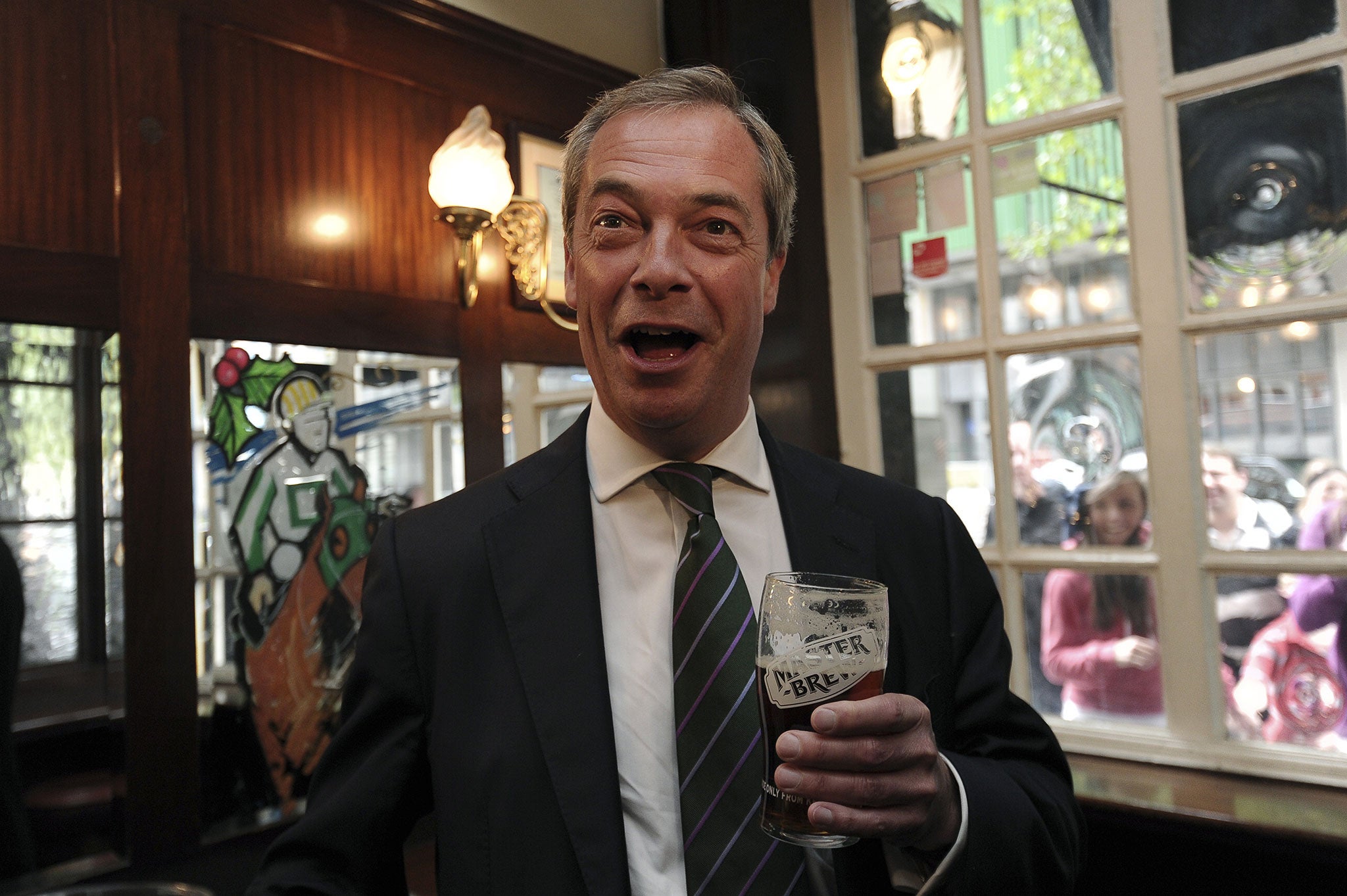
If something is broken, the logical step is to fix it rather than throwing away what's still salvageable. But for eurosceptics, dealing with problems in the European Parliament is not on the cards; they want to leave it for good along with all of its benefits and drawbacks. NUS sceptics are singing the same tune, regarding disaffiliation with the National Union of Students, but are they jumping to hasty decisions without attempting to find resolutions?
Euroscepticism is commonplace in British politics; the recent elections have brought an influx of anti-EU parties to the ballot and the media has whipped up hysteria around the “UKIP earthquake”. The benefits of the EU are often overlooked in favour of the negatives, but revoking Britain’s affiliation may have more damaging repercussions than euroscpetics tend to let on.
The loss of freedom of movement within Europe for example would have devastating effects for UK holiday makers. Applying for a visa for a trip to France would be more than a mere irritation and the thousands of retirees who head for Spanish coast would find their dreams of a new life in the sun very restricted. The belief that Britain, a small, relatively isolated island, would have the same global trading influence as the EU is also quite a eurosceptic pipedream. Their lack of enthusiasm for reform invokes many similarities with the rise in anti-NUS fervour, which seems to be spreading in UK student unions.
On 21 May, Oxford University Student Union voted to leave the NUS with a majority of 128 votes, but foul play was unearthed and the ruling has now been disqualified due to alleged vote-rigging. A vote is scheduled at the York University Students Union for Wednesday 4 June, also to decide whether or not to secede from the NUS. Both sides have weighed in to convince students of the pros and cons of leaving the institution, but is either side really looking at the bigger picture? Rather than merely leaving or staying, surely a middle ground of reform would be a better solution for all.
The NUS continues to promote equality, democracy and collectivism for UK student unions, more than 90 years after its formation in 1922. It claims to “promote, defend and extend the rights of students and develop and champion strong students’ unions”. Whether or not you agree with every aspect of the NUS, it cannot be denied that a collective body of 600 united unions is better together than apart. The vigour of the NUS has been demonstrated in its successes, but these tend to go relatively unreported.
A recent poll showed that only 35 per cent of students know what the NUS does; the majority unfortunately tend to only associate the organisation with their discount cards. But in reality the NUS has spearheaded and assisted numerous campaigns across the country for the benefit of all students. For example, in 2013 they worked with Citizens Advice and the charity Shelter to ensure a tenancy deposit scheme was added to the Housing Bill which was passed that year. The scheme helps protect student deposits from slipping into the hands of dishonest landlords and they estimate £52 million was returned to students in 2013 alone off the back of this scheme.
Of course the institution is not perfect, most notably their recent support for the UCU marking boycott ruffled many feathers as it was clearly not in the best interest of students. But other criticisms thrown up by the No Campaign are not unsolvable. Many criticise the NUS for being used by wannabe MPs to launch their political careers; the last five presidents have all been members of the Labour Party for example. The conference has also been condemned by some as a platform to discuss issues irrelevant to UK students, such as the debates over Palestine at the April 2014 conference. But isn’t highlighting world issues to its members not something the NUS should be doing, rather than just focusing on parochial topics? These problems are resolvable, yet neither side of the debate is offering solutions.
Students who feel unhappy with how they are represented by the NUS only have themselves to blame. Each student union elects delegates to send to the NUS, and these are elected by their student body. If students are dissatisfied with their representation or how the NUS is run, they can change this by taking part in the elections or even running for a position themselves. The younger generation are renowned for being politically apathetic, but increased participation in NUS elections would make the institution more accountable and could weaken people's attempts to use it as a political stepping-stone.
If students fully supported the NUS on the national stage as a combined entity they could be a real force to be reckoned with, just as the National Union of Teachers is today. Many feel their votes are pointless and their voices are ignored, especially in since the 2010 general election calamity when many voted in favour of the Liberal Democrats, who promised to prevent a rise in student fees. There is a logical reason why pensions in the UK are left relatively untouched by the major parties, because the elderly population will always turn out to vote. If the NUS had the full support of 600 strong and united student unions imagine the political clout they could have.
Just as Britain’s eurosceptics see no light at the end of the channel tunnel, many NUS sceptics are ready to jump on the disaffiliation bandwagon, so much so that they’re willing to rig their student union elections. The problems with the NUS are rectifiable, but only if the student collective is willing to make it happen.
Join our commenting forum
Join thought-provoking conversations, follow other Independent readers and see their replies
Comments